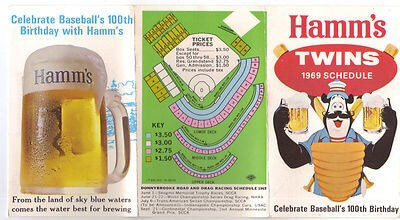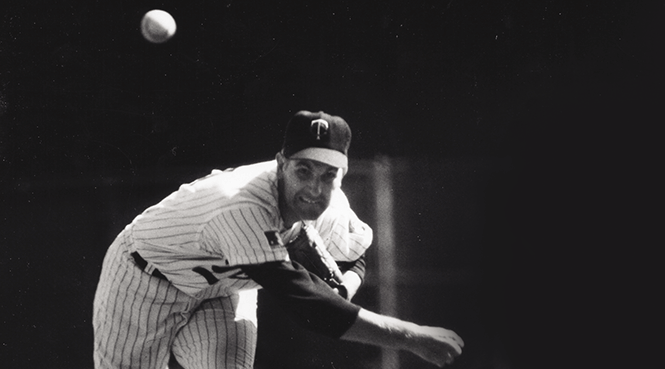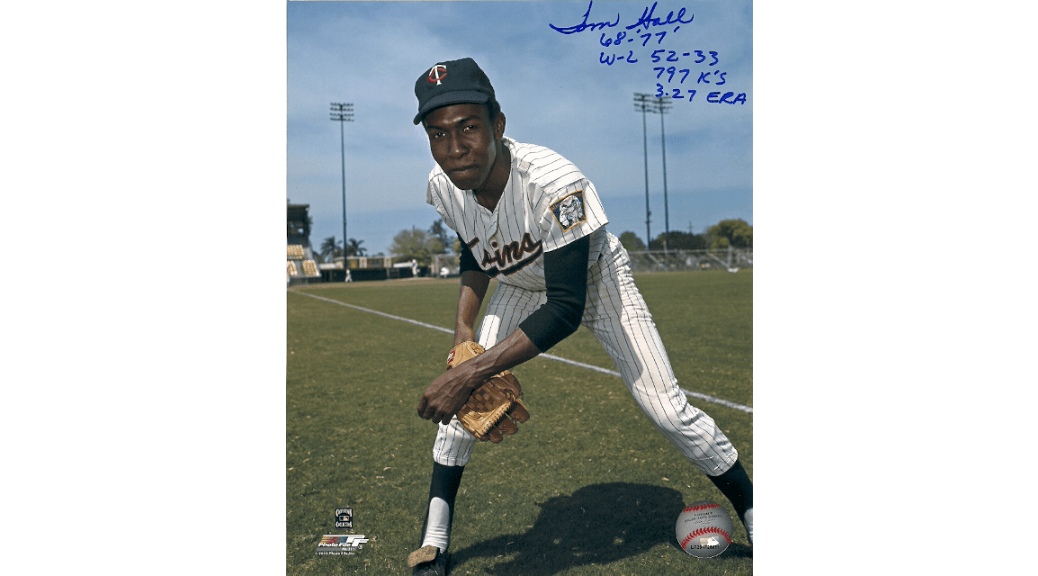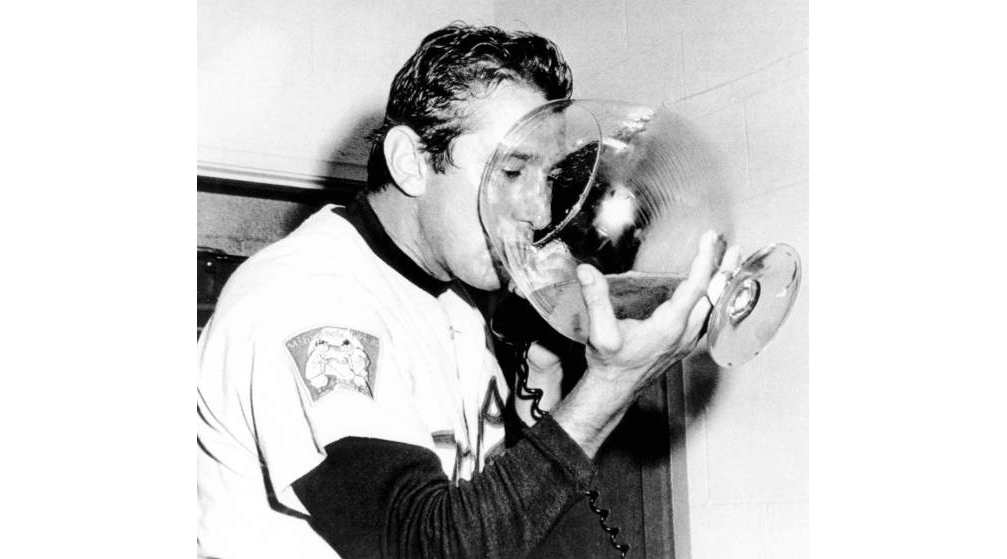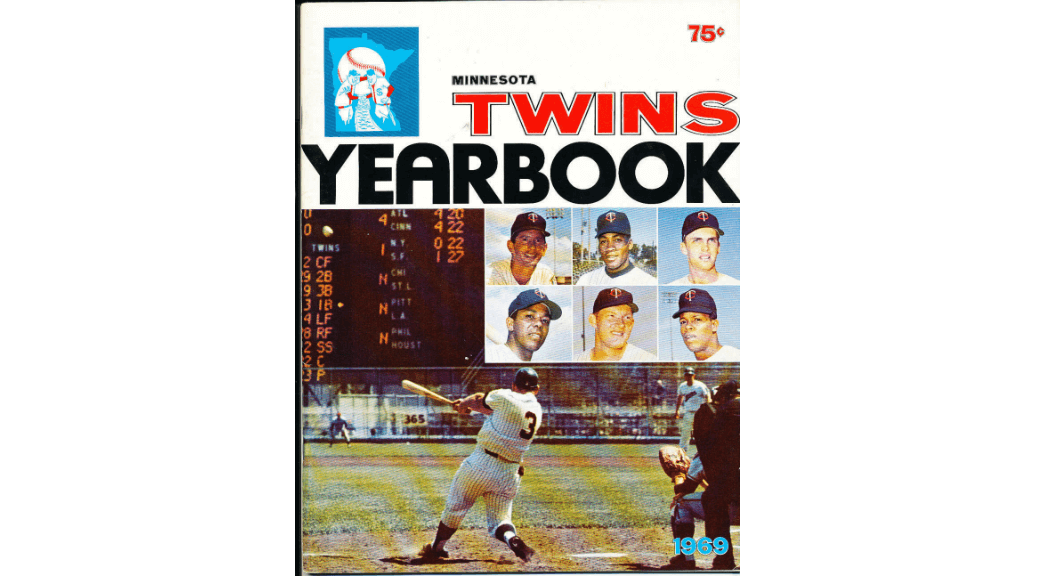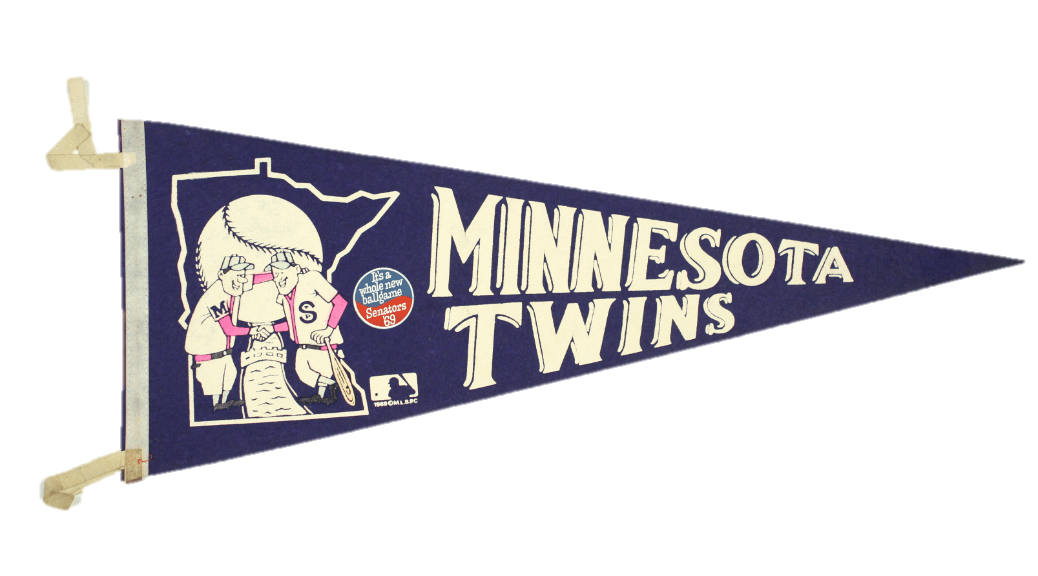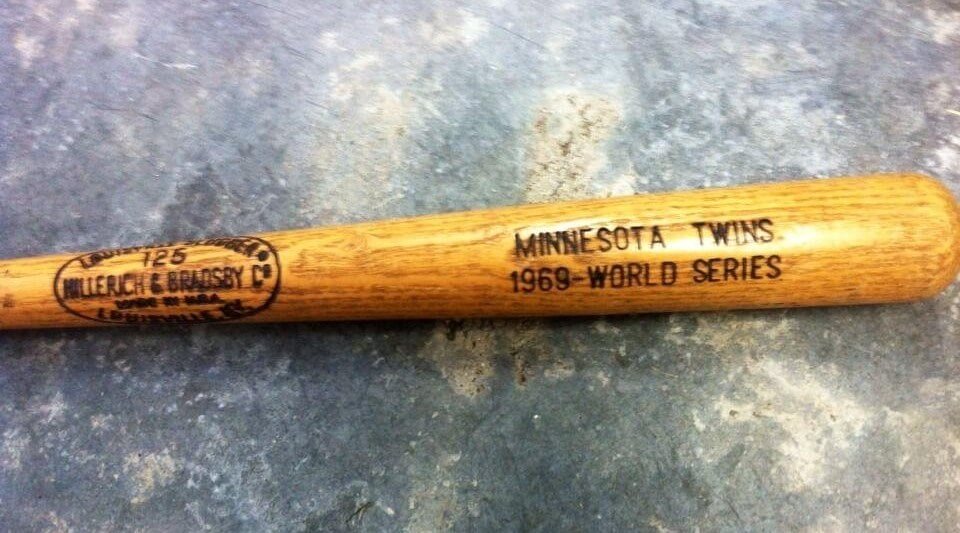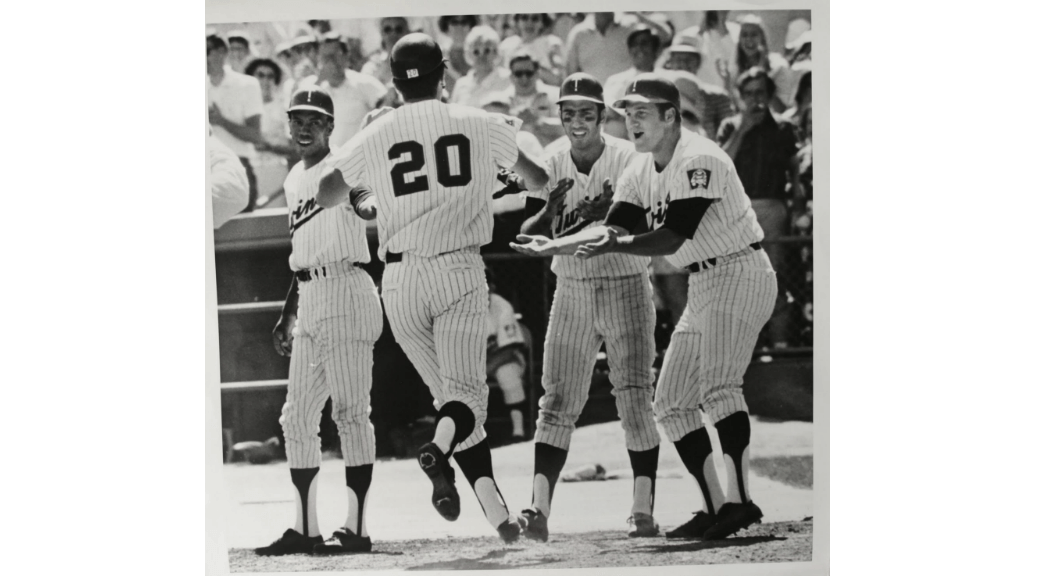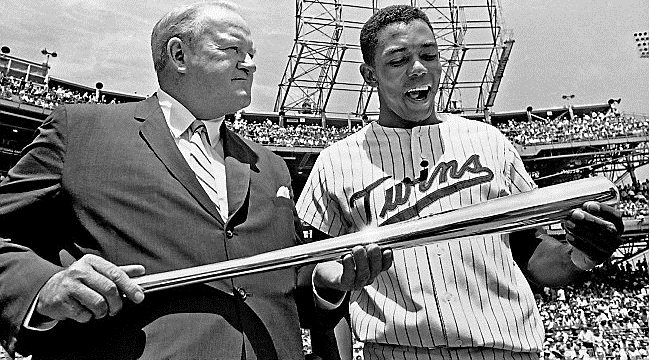WASHINGTON 6, MINNESOTA 5 IN WASHINGTON
Date: Saturday, August 16.
Batting stars: Harmon Killebrew was 2-for-3 with a walk. Graig Nettles was 1-for-2 with a home run, his fifth. Rich Reese was 1-for-4 with a two-run homer, his fifteenth.
Pitching stars: Jim Kaat pitched a complete game, allowing six runs on ten hits and two walks and striking out four.
Opposition stars: Tim Cullen was 2-for-4 with a double. Ed Brinkman was 2-for-4. Future Twin Brant Alyea was 2-for-4. Frank Howard was 1-for-3 with a three-run homer (his thirty-eighth) and a walk.
The game: The Senators had men on first and second with one out in the second, but did not score. In the fourth, Ted Uhlaender led off with a double-plus-error and scored on Killebrew's single to put the Twins up 1-0. Washington led off the fourth with two singles but did not score. Nettles led off the fifth with a home run, but the Twins wasted Kaat's two-out double. Still, Minnesota led 2-0.
It didn't last. With one out in the bottom of the fifth, Del Unser and Brinkman singled and Howard followed with a three-run homer to put the Senators up 3-2. The Twins tied it in the sixth when Tony Oliva singled, Killebrew walked, and Rick Renick delivered a two-out pinch-hit single to tie it 3-3.
Cesar Tovar hit a two-out double in the seventh and went to third on a wild pitch, but was stranded there. In the eighth, however, Killebrew singled and Reese hit a two-run homer. The Twins led 5-3 going to the bottom of the eighth.
With one out in the bottom of the eighth, Alyea and Cullen singled. Kaat remained in the game to face Ed Stroud, who tripled in both runs to tie the score. Kaat remained in the game to face Paul Casanova, who hit a sacrifice fly to give Washington a 6-5 lead. Leo Cardenas led off the ninth with a single, but was erased on a double play and the Twins could not come back.
WP: Darold Knowles (6-2). LP: Kaat (11-10). S: None.
Notes: Tovar was at second base, with Uhlaender in center and Nettles in left.
Reese was batting .342. Oliva was batting .321.
In the sixth and seventh, Kaat gave up just one hit, a single, and immediately got a double play so that he faced just six batters in those two innings. It would seem that was part of the reason he was left in to pitch the entire eighth. It's easy to second-guess that, but it's hard to put oneself into the mindset of a manager in 1969. The game was simply played differently. It probably would not have been an unusual move to bring in a reliever, but it probably was not that unusual to leave the starter in, either.
Frank Howard was a great batter. He won the Rookie of the Year award in 1960 with the Dodgers, he finished in the top ten of MVP voting four times, and he made the all-star team four times. He wore the Twins out in 1969, batting .442/.556/.721 against them in fifty-four plate appearances, for an OPS of 1.276. For his career he batted .305/.388/.514 against the Twins in 464 plate appearances, for an OPS of .901, and hit twenty-two home runs.
Dick Bosman was the starting pitcher for the Senators. He pitched 5.1 innings, giving up three runs (two earned) on six hits and a walk and striking out three.
Record: The Twins were 70-48, in first place in the American League West, one game ahead of Oakland.

